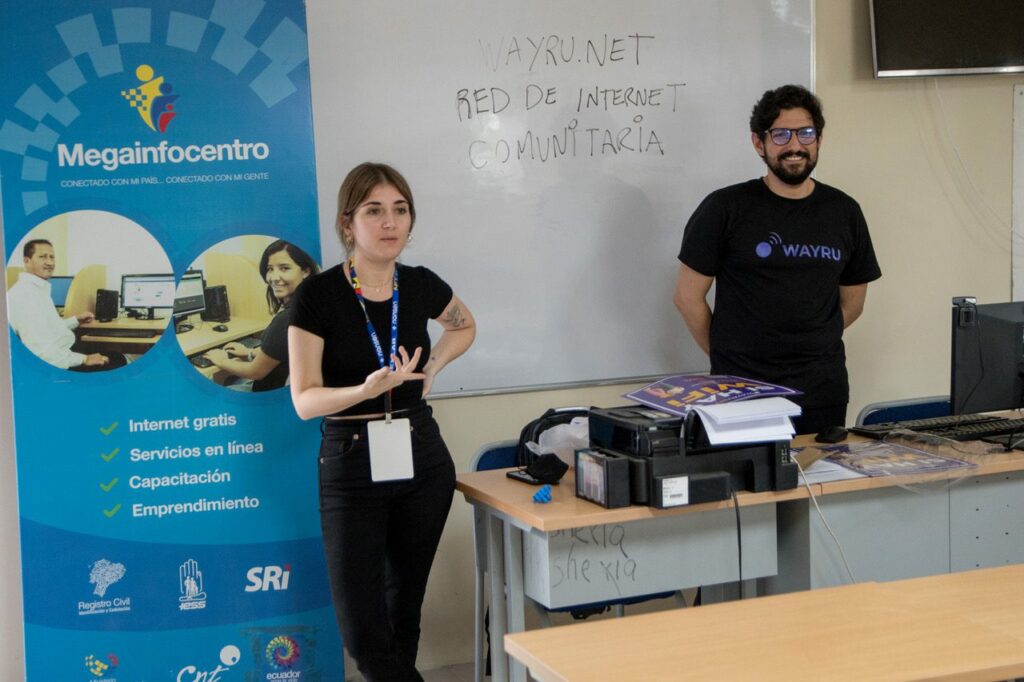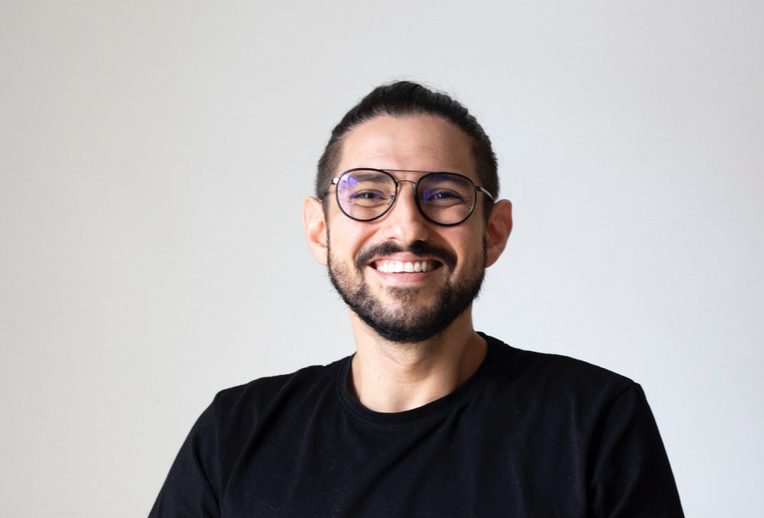By Riley Kaminer
South Florida-based web3 telecommunications startup Wayru has raised a $1.96M seed round at an $18M pre-money valuation. The round was led by blockchain VC firm Borderless Capital with participation from 16 other global investors.
Wayru’s goal is to bring internet access to underserved communities in developing communities. They are building a blockchain-based, decentralized network of providers to service the 65% of homes in developing nations that currently lack internet connectivity.
Co-founder and CEO Charvel Chedraui outlined the three-pronged strategy Wayru will follow to deploy these funds. Top of the list: use the money as working capital for the next 12 months that will enable the startup to expand its currently 7-person team. “We are looking to hire eight more people within the next 30 days,” Chedraui told Refresh Miami.
Up next is to execute the startup’s growth and go-to-market strategy. Chedraui plans to spend funds on marketing activities to help the startup further build a community around its community ahead of a planned IDO – a crypto token offering that will help expand its network.
The third use of the funds from this seed round will go towards installing the core infrastructure that will unlock the network to future users. “We will deploy the first internet nodes in Latin America,” said Chedraui. “We want to set a standard on how this niche technology works and how others can join our network later.”
The problem: A lack of internet is a threat to human rights
According to the UN, internet access is a human right. Yet still today there are 4 billion people who lack access to it. About a tenth of these ‘offline’ citizens are in Latin America – a region where just a handful of legacy providers power the internet. These companies, Chedraui noted, are more interested in upselling their existing, affluent clients: “It is absolutely not in their interest to go to any of these low income communities.”
Of course, internet access is not just an issue in the developing world. Closer to home, only 81.5% of homes in Miami have internet access, compared to 90% in other major US cities like Washington D.C. and San Francisco. This presents an economic and social problem in our increasingly digital world.
There is also a business opportunity here. The global market size for internet service providers was approximately $400 billion in 2021. That figure is expected to rise to $1 trillion by 2030, considering the growth in population globally as well as the rise in need to access the internet.
A blockchain-based solution
Chedraui, an architect by trade who has spent upwards of a decade in the telecom sector, has been working on the issue of internet connectivity for years. His previous startup helped small, local businesses make money selling access to their WiFi networks. He calls Wayru the “network of networks,” creating the infrastructure to then enable others to develop a mesh of internet access points in rural communities.
In the first instance, the design of Wayru’s network is very straightforward. Anybody can go out and purchase a widely-available $30 device to connect their internet access to Wayru’s network and share it. That can be a revenue generator for small businesses like restaurants and Airbnbs, who can charge their customers to use the internet. Wayru plans for users to be able to deploy ‘micro nodes’ within the next month or so.
Going forward, Wayru hopes to expand to two other layers of nodes: block nodes and link nodes. Block nodes will provide access to entire communities, while link nodes will connect to legacy telecommunications networks.
“The responsibility for operating and maintaining the network is shared with entrepreneurs, communities, and local businesses, which significantly reduces the operational costs of running internet networks,” the company explains in its white paper. That decentralization means that the network can grow faster than the traditional alternatives: waiting for an ISP or creating an illegal ISP.
Wayru’s Algorand-based token, the WRU, plays a central role in their ecosystem. WRUs are earned by either setting up a node, sharing an existing connection, or securing the network staking (ie., making an investment to support someone else in developing the network). These tokens reward users for their participation.
South Florida as the launchpad for growth
Chedraui first began investigating the idea of founding Wayru almost exactly a year ago. In late June last year, after creating a landing page that garnered significant attention, Chedraui decided to officially found the startup. Later, he joined forces with co-founders Paula Ceballos and Edward Calderon.
A native of Ecuador, Chedraui spent much of his youth in South Florida, having attended high school in Pembroke Pines and part of his college career at Florida International University.
“Being in Miami is very strategic for us,” he said. The company’s participation in the Algorand’s Miami accelerator helped inform the creation of their token. Considering the startup’s deep ties to Latin America, and its interest in growing in the region, locating in South Florida also made sense.

READ MORE ON REFRESH MIAMI:
- Borderless Capital launches $500M Algorand-focused Fund
- A triple helping of blockchain news: New fund, new accelerator, new HQ for Borderless Capital
- Ecuadorian scaleup lands at FAU to expand its smarter smart metering business
- Miami is a microbusiness powerhouse, research from GoDaddy confirms
- Meet the team making Boca Raton a global startup launchpad
- Brought together by tech, kept together by culture: Miami’s protagonistic role in LatAm’s startup story - April 15, 2024
- New World Angels launches Innovation Fund to write pre-seed checks - April 12, 2024
- Sortium scores $4M to pioneer the future of game production (hint: it’s web3 and AI) - April 11, 2024





